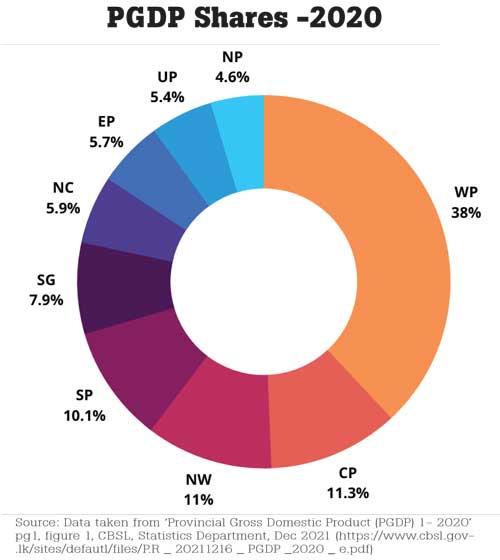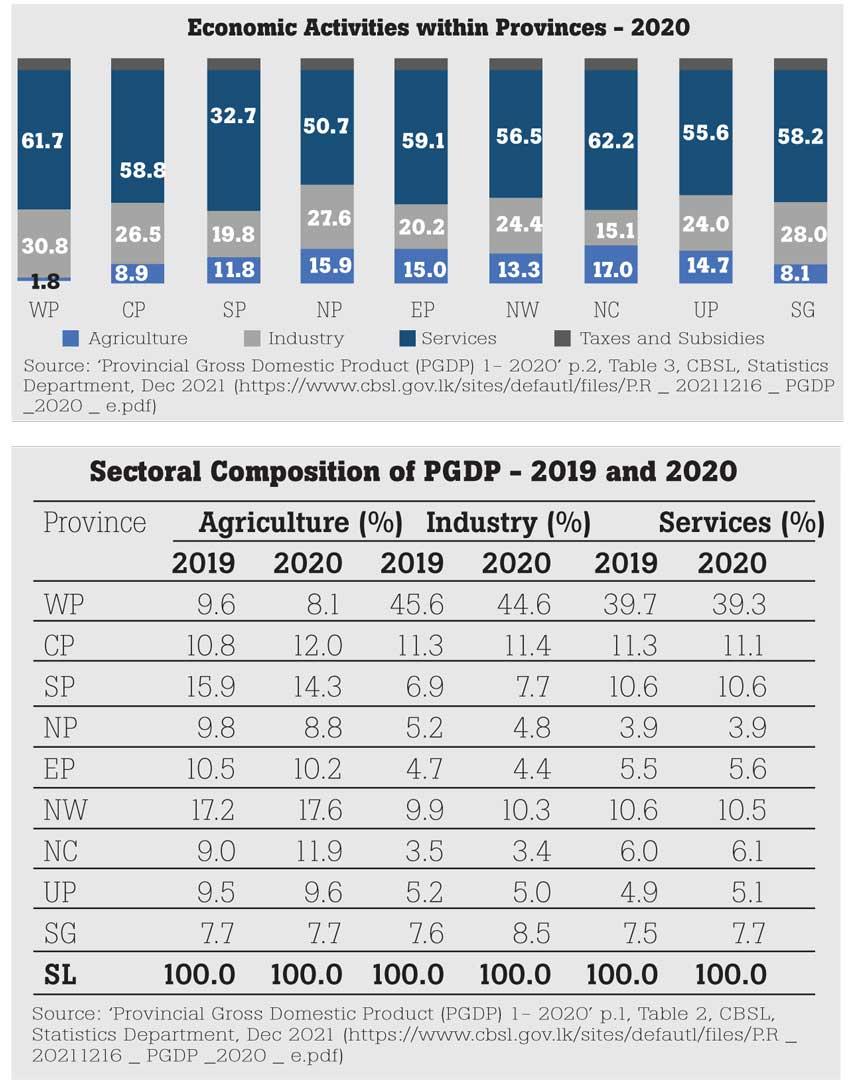04 Jul 2022 - {{hitsCtrl.values.hits}}
If we are to prevent the catastrophe of Colombo and other main cities becoming ghost towns, we need to put in place a transparent and accountable fuel distribution system that will use the limited fuel stocks we have efficiently.
PickMe CEO Zulfer Jiffry said that the time has come for smart thinking.
“The digitalisation of our systems can give us an edge in overcoming the crisis we are all facing today. To have a minimal level of transport, for an emergency, for work or even to get about our day-to-day living like shopping for essentials, is an absolute need. But we are coming to the point where the whole system is gradually running dry, which may cause the country to come to a complete standstill. It is an urgent necessity to have a sensible form of rationing at least until the next fuel ship comes in and in doing this, also ensure that distribution of fuel does not become part of black-market racketeering. While mass transport can act as a base, it is essential to have a second level of public transport and ride hailing taxis fit the bill perfectly.”
Many reports in social and mainstream media have said that there is an active petrol and diesel black market operating in Sri Lanka and this does not ensure the efficient use of our minimum stocks. To meet urgent needs and prioritise emergencies, PickMe suggests that authorities try out a pilot programme where fuel supply for transport of passengers will be done via a digital pool. When certain quotas of fuel are given to the digitally operated transport system, it won’t be just for the use of private vehicles, which cannot be accessed by the public transport system. If a policy is structured by the state, where three-wheelers operating in the taxi-hailing ecosystem are given a certain quota through their operators, the passenger transport in the city could be rationalised in an equitable manner.

“The digital platforms would monitor the movement of their vehicles under this programme to ensure the proper and transparent use of this resource. For example, if we take a figure of 10,000 three-wheelers with an 80,000-litre quota, they can do approximately 200,000 trips around the city, moving around 400,000 passengers in a day. We can monitor this through our software to ensure accuracy and transparency and can even be subject to an audit. The system we propose will be directly tied to the amount of mileage our tuks do and if we find the set criteria is not met, then we would immediately take those drivers off the system. It is necessary to look at systems such as this to operate in the four main provinces, in order to keep the provincial GDPs on an even keel, which is a dire need right now and transport is a very important part in achieving this,” Jiffry said.
The GDP of provinces is the index that shows whether the economy is thriving or not. Therefore, an order of priority to provide fuel for these provinces is required. A breakdown of economic activities in the provinces need to be looked at, in order to literally fuel the economy with the limited stocks of petrol and diesel available.
The obvious choice to top the charts would be the Western province, which has the largest share in the pie (refer Figure 1). According to a Central Bank report in December 2021, the Western province contributes 38 percent of the national GDP and this is over one third of the overall economy of Sri Lanka. Key to the Western province’s economic activity are services and industry, both of which involve heavy consumption of fuel. The report says the Western province has pioneered industry activities with a contribution of 44.6 percent. In terms of services, the Western province recorded the highest contribution of 39.3 percent (refer Table 1) and if the Western province is taken by itself, 61.7 percent of its economic activities are in the service sector (refer Figure 2).
“Given this, how we need to prioritise fuel distribution is clear. The Western province has to come first overall and if we are prioritising industry, then the Central province comes second and the North-Western province third. If we are prioritising services, the Central and Southern provinces will come second and third, respectively,” said Jiffry (refer Table 1).
08 Nov 2024 13 minute ago
08 Nov 2024 1 hours ago
08 Nov 2024 3 hours ago
08 Nov 2024 3 hours ago
08 Nov 2024 5 hours ago